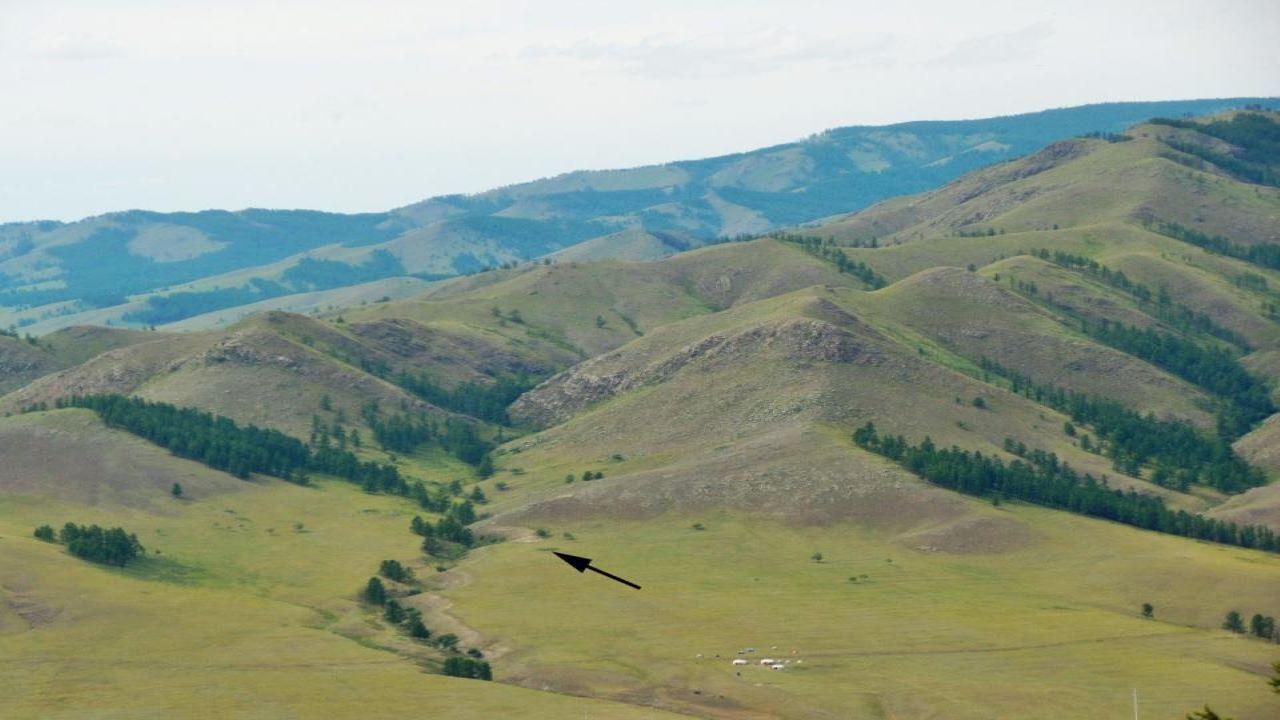
Humans Migrated to Mongolia Much Earlier Than Previously Believed
Archaeologists Unearth Stone Tools Made 45,000 Years Ago
By Kathleen Holder, UC Davis University News
"Stone tools uncovered in Mongolia by an international team of archaeologists indicate that modern humans traveled across the Eurasian steppe about 45,000 years ago, according to a new University of California, Davis, study. The date is about 10,000 years earlier than archaeologists previously believed.
The site also points to a new location for where modern humans may have first encountered their mysterious cousins, the now extinct Denisovans, said Nicolas Zwyns, an associate professor of anthropology and lead author of the study.
Zwyns led excavations from 2011 to 2016 at the Tolbor-16 site along the Tolbor River in the Northern Hangai Mountains between Siberia and northern Mongolia.
The excavations yielded thousands of stone artifacts, with 826 stone artifacts associated with the oldest human occupation at the site. With long and regular blades, the tools resemble those found at other sites in Siberia and Northwest China — indicating a large-scale dispersal of humans across the region, Zwyns said."
Read the full story at the UC Davis News.